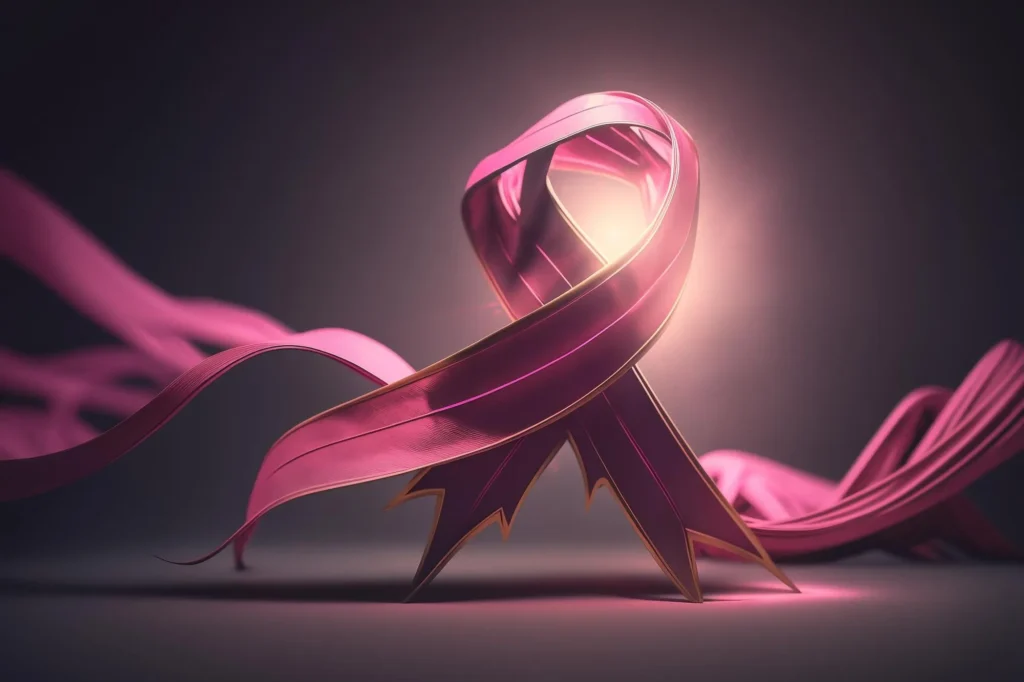BRCA medical abbreviation
BRCA is a medical abbreviation for the breast cancer susceptibility genes, BRCA1 and BRCA2. These genes are responsible for repairing damaged DNA and are involved in the development of breast and ovarian cancer. Mutations in these genes can increase an individual’s risk of developing these types of cancer. Genetic testing is available to identify individuals carrying a BRCA1 or BRCA2 mutation.
What cancer is BRCA?
BRCA (BReast CAncer) refers to a group of genes that have been linked to an increased risk of breast and ovarian cancer. Mutations in the BRCA1 and BRCA2 genes can lead to a higher likelihood of developing these types of cancer. These genes produce tumor suppressor proteins that help repair damaged DNA, but mutations in these genes can disrupt this process and lead to the growth of cancer cells.
What does it mean to be BRCA-positive?
Being BRCA positive means that a person has a genetic mutation in the BRCA1 or BRCA2 gene. These mutations are associated with an increased risk for breast and ovarian cancer. A person who is BRCA positive has a higher chance of developing these types of cancer than someone without the mutation. They are also at a higher risk of developing cancer at an earlier age than those without the mutation.
It is important to note that having a BRCA mutation does not mean that a person will definitely develop cancer. However, it does increase the risk of developing cancer and doctors may recommend more frequent screenings, risk-reducing surgery, or other preventative measures to help reduce that risk.
FAQ's
Is the BRCA gene just associated with breast cancer?
No, the BRCA gene is also linked to an increased risk of ovarian cancer. Mutations in the BRCA1 and BRCA2 genes can raise the likelihood of developing both breast and ovarian cancer.
Women with BRCA1 mutations have a 45-65% chance of developing breast cancer by age 70, and a 39% chance of developing ovarian cancer by age 70. Women with BRCA2 mutations have a 55-65% chance of developing breast cancer by age 70, and a 11-17% chance of developing ovarian cancer by age 70.
Men with BRCA1 or BRCA2 mutations also have a higher risk of developing breast cancer and prostate cancer.
It’s important to note that having a BRCA mutation does not guarantee cancer development, but it does increase the risk.
Who is at high risk for breast cancer?
Several factors can increase the risk of developing breast cancer. Some significant risk factors include:
Genetics: Family history of breast cancer, especially in first-degree relatives (mother, sister, daughter), or inheriting mutations in the BRCA1 or BRCA2 genes can elevate risk.
Age: The risk increases with age, with the majority of cases diagnosed in women over 50. Gender: Women are at a higher risk than men.
Reproductive history: Late onset of menopause, nulliparity (never having children), or first childbirth after age 30 can increase risk.
Breast density: Higher density of glandular and fibrous tissue compared to fatty tissue increases risk.
Personal history: Previous breast cancer diagnosis raises risk. Having these risk factors does not guarantee breast cancer development, as many with these factors never develop the disease, while others without known risk factors do.



